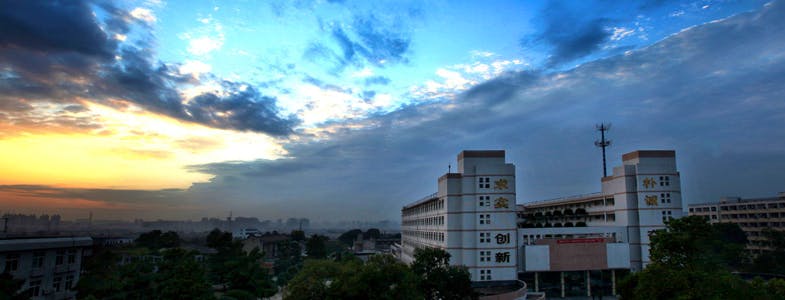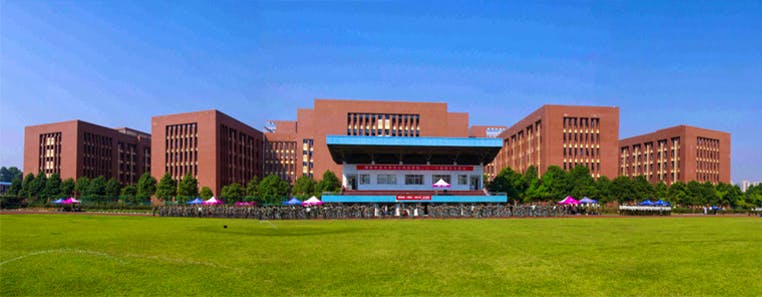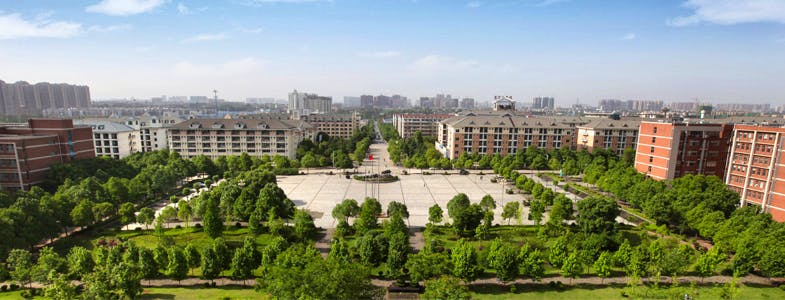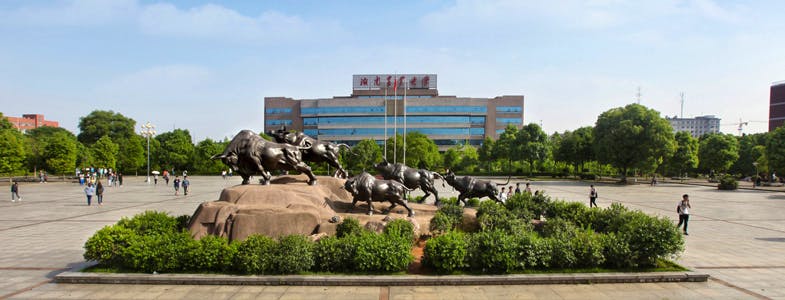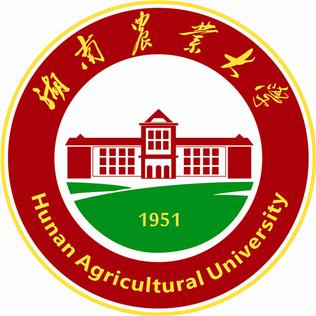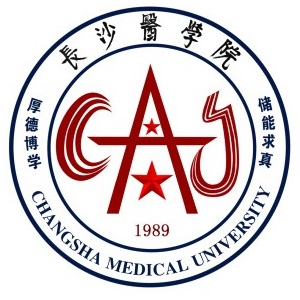Hunan Agricultural University(HUNAU), a key provincial university under the co-construction of the Ministry of Agriculture and Rural Affairs and the Hunan Provincial People’s Government, is the pioneering construction unit of the National “2011” Collaborative Innovation Center and one of the first national research institutes of new rural development as well. Graded "Excellent" in the undergraduate teaching assessment by the Ministry of Education and titled "the National Civilized Unit" and "National Civilized Campus", HUNAU aims to become one of the domestic first-class universities in Hunan Province (Class A). Located in Changsha, a famous city bearing long history and profound culture in China, the campus covers an area of 3,414 acres, offering a quiet and attractive paradise to realize dreams for both teachers and students. The history of HUNAU can be traced back to Xiuye Academy on October 8, 1903, where such great celebrities as Zhou Zhenlin, Huang Xing, Xu Teli, Mao Zedong were successively employed. In March 1951, Hunan Agricultural College, whose name was an inscription by Chairman Mao Zedong, was established by merging the Agricultural College of Hunan University with Hunan Provincial Xiuye Agricultural and Forestry College (originating from Xiuye Academy). In March 1994, it was renamed Hunan Agricultural University. Supported by 20 schools or colleges, HUNAU enriches its categories of disciplines, covering agronomy, engineering, literature, science, economics, management, law, medicine, pedagogy and art. Known for the long history of postgraduate education, and especially as the first batch of master's degree-granting units in the nation, HUNAU is now in possession of 10 post-doctoral research stations, 11 first-category doctoral degree disciplines, 20 first-category master's degree disciplines, and 11 categories of professional master's degree disciplines. There are 72 bachelor's programs, two junior college education programs. There are one national key discipline, two provincial-level featured disciplines, and 16 provincial-level key disciplines. The ESI disciplines in the field of animal and plant science and agricultural sciences rank among the top 1% in the world. HUNAU has a total of 1,371 full-time teachers. With a total of 27,570 full-time undergraduate students and 5,044 graduate students, what HUNAU has achieved is rather impressive: eight specialties admitted to experimental specialty of outstanding agricultural and forestry personnel education and training plans (first group), one national comprehensive reform pilot project, six national specialties, five national top-quality open courses, and two national experimental teaching demonstration centers, one national virtual simulation experiment teaching center, one national off-campus practice base for university students, four national agricultural science and education talents training cooperation bases, one national key construction base of vocational education teacher training, and one national agricultural master's practice demonstration base. As one of the earliest colleges that hold the Sino-foreign Educational Cooperation Programs in Hunan Province, HUNAU has established close ties with over 40 universities and international institutions in more than 20 countries, including Ohio State University (in the U.S.A) Greenwich University(in the U.K), and Kagoshima University(in Japan).
Show less


